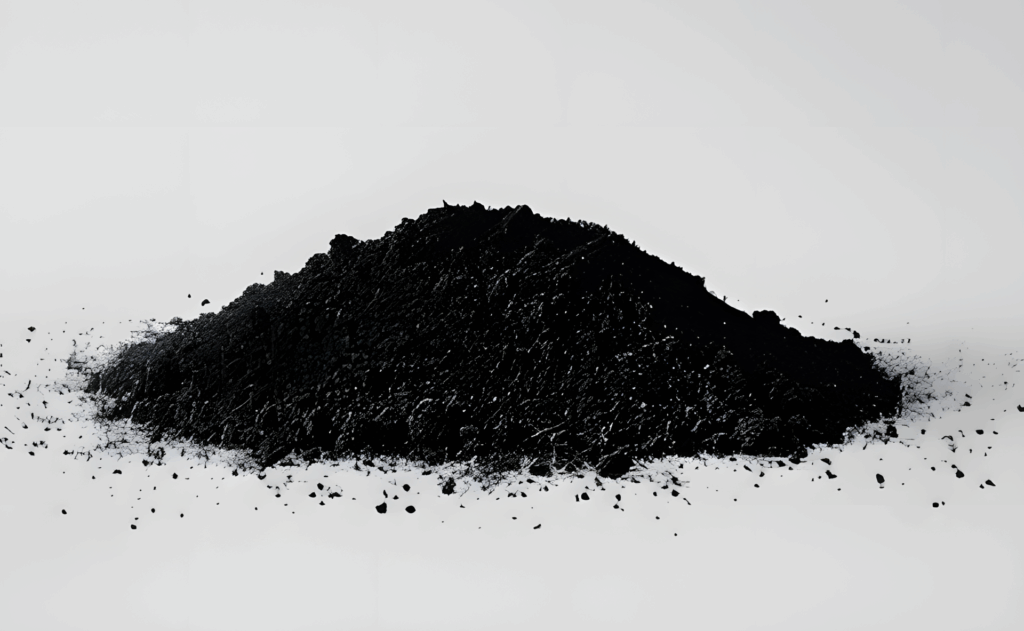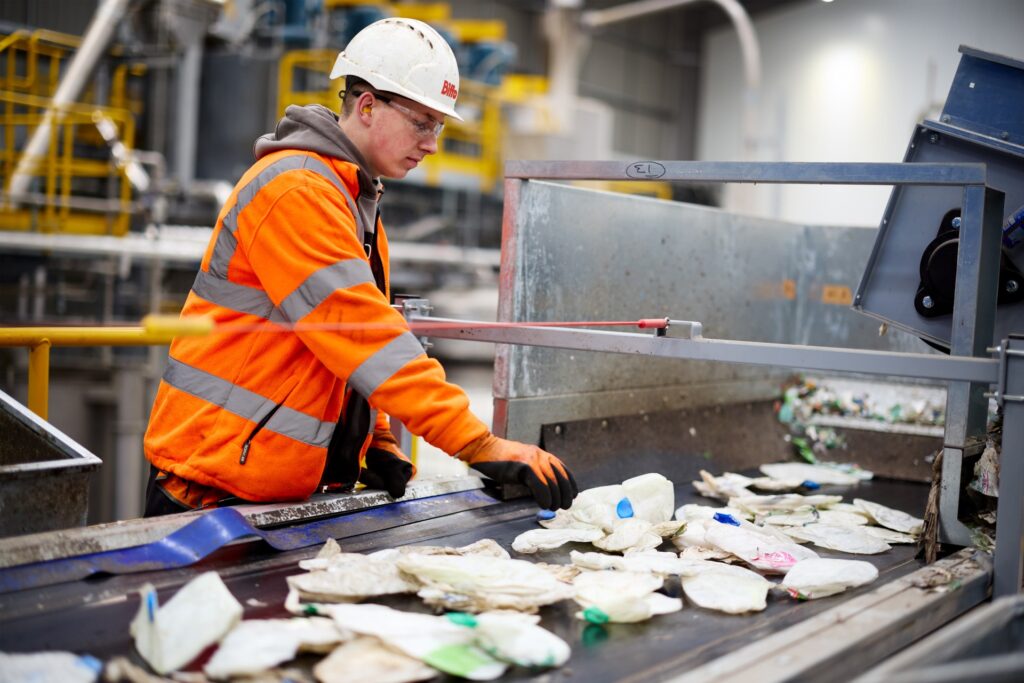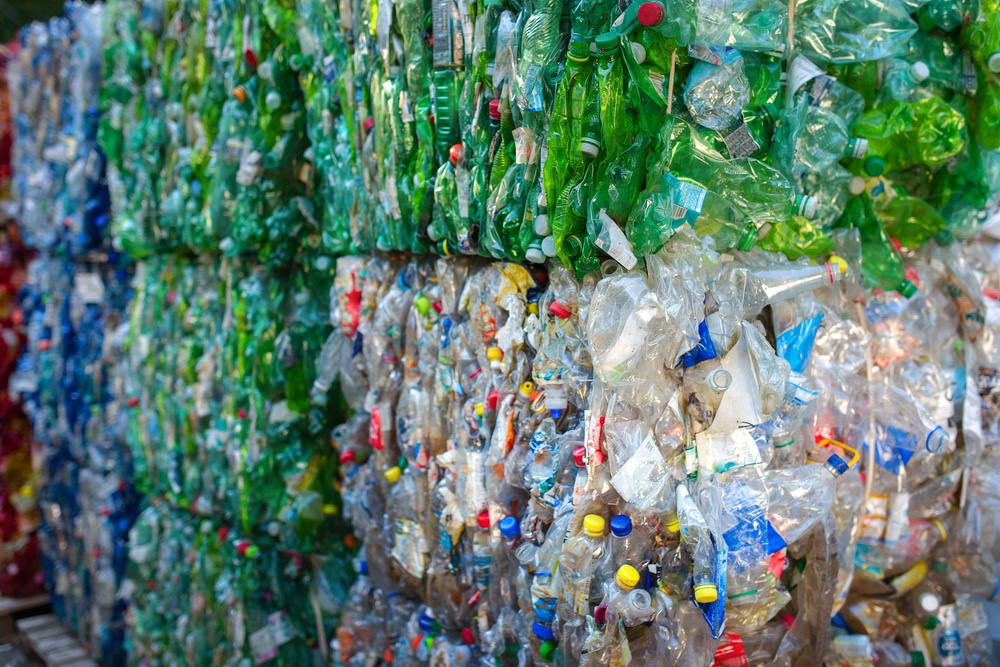Produced when plastics are broken down at high temperatures, char has until now been largely viewed as a secondary output with few uses beyond energy recovery.
However, new trials have used char to perform as an alternative for carbon black, a common additive used to reinforce rubber and improve its durability.
Chemical recycler launches char product
Chemical recycler Plastic Energy has announced the commercial launch of TACFILLER, an alternative to carbon black made from char created when plastic waste is recycled.
The new product is derived from the company’s TAC chemical recycling process, which converts hard-to-recycle plastics into TACOIL, a recycled feedstock used to produce new plastic.
According to a Life Cycle Assessment, TACFILLER delivers up to 89% lower carbon emissions compared to conventional carbon black, which is traditionally produced through the partial combustion of heavy petroleum products.
A ‘drop-in alternative’ for the rubber industry
According to Plastic Energy, carbon black production is energy-intensive and carbon-heavy, with global use contributing between 29 and 79 million metric tonnes of CO₂ emissions each year.
Plastic Energy says TACFILLER offers a “drop-in” alternative, supporting manufacturers seeking to reduce their carbon footprint while maintaining performance standards.
Plastic Energy’s Chief Executive Officer, Ian Temperton, commented: “Carbon black is energy intensive, and the rubber industry needs alternatives.
“We’re proud to lead our industry by creating new circular products from plastic waste. Less than 10% of plastic is recycled globally, yet it’s a valuable resource that should be reused.”
“Our technology allows us to reduce plastic waste sent to incineration and landfill by finding sustainable uses for it in the manufacture of new plastic – and now rubber.”
This comes as regulatory pressures increase, including compliance with the EU’s End-of-Life Vehicles Directive, which calls for higher recycled content and reduced environmental impact in automotive components.
Industry uptake
The company is working with a number of manufacturers, including automotive sealing systems specialist Standard Profil, to test and validate TACFILLER’s performance in rubber applications.
Yusuf Güner, Group R&D Materials Senior Expert at Standard Profil, added: “We boldly explored the use of TACFILLER to partially replace carbon black in our products.
“After a series of rigorous trials, we have validated its feasibility and are encouraged by the results.
“This opens exciting possibilities for future applications, which we continue to evaluate with curiosity and care.”









Subscribe for free